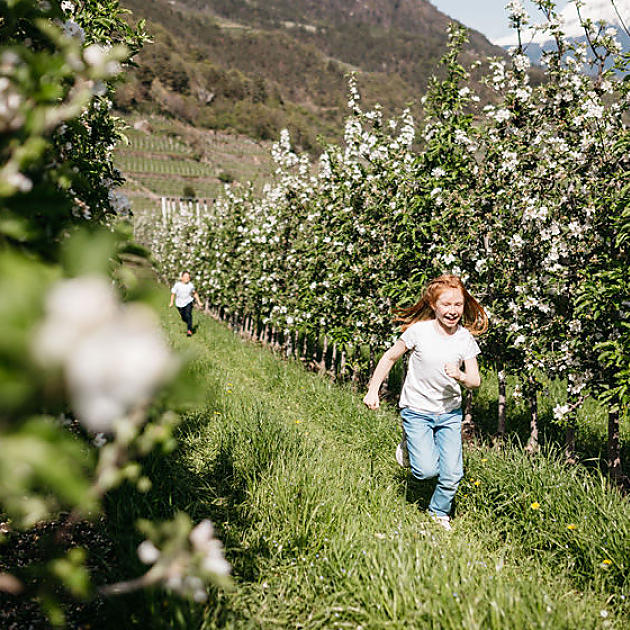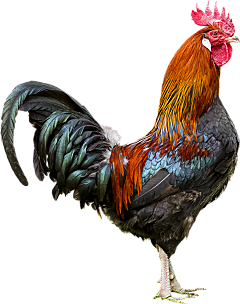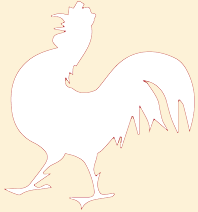Fun game ideas
Farm-themed games for indoors and outdoors
Age: from 8 years
One player begins with a word that is made up of two parts e.g. “honeybee”. The next player then has to take the second half of the word i.e. “bee” and make another two-part word from it. For example, “beehive“, and so on.
Age: 3-10 years
One player begins and says:
‘I’m packing my suitcase and taking my toothbrush with me’. The next player carries on and says, for example, ‘I’m packing my suitcase and taking my toothbrush and towel with me’. In this way, the list of objects gets longer. Everyone has to concentrate so that they don’t forget any of the objects. Anyone who forgets something is out.
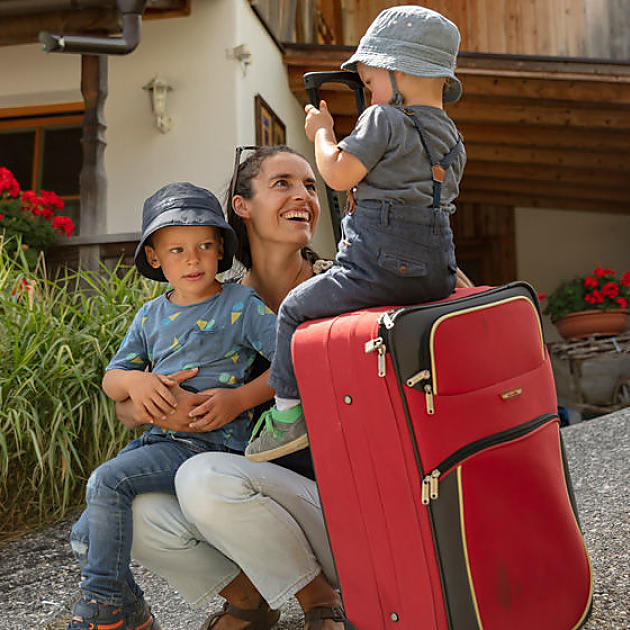
Age: from 4 years
The youngest player begins: he/she looks around him/her and then says: ‘I can see what you can’t see, and it’s blue!’. The other players look around to see which object it could be. Whoever guesses correctly may then choose something himself/herself and the game carries on.
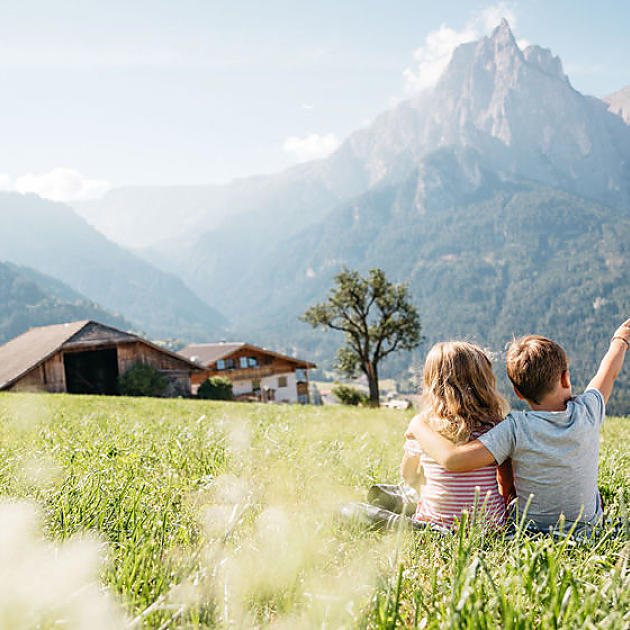
Ages: 3-12 years
Pot banging is a party game to be played outdoors. One child wears a blindfold and holds a cooking spoon in their hand. A saucepan is turned over and positioned in a random spot on a meadow. The aim of the game is for the child to find the saucepan crawling about on their hands and knees and then bang on the saucepan with the spoon. The other children help the him or her with hints like 'warm' for close, 'hot' for really close and 'cold for far away.
Age: from 4 years
An adult or a child has to catch the other players. Whoever is caught sits on the floor. Another child can release him/her by touching him/her and shouting ‚free’. The game gets exciting when quite a lot of children are already sitting on the floor and only a few can set them free. The player who is ‚it’ could manage to get all the children, so that they are all sitting on the floor at the end.
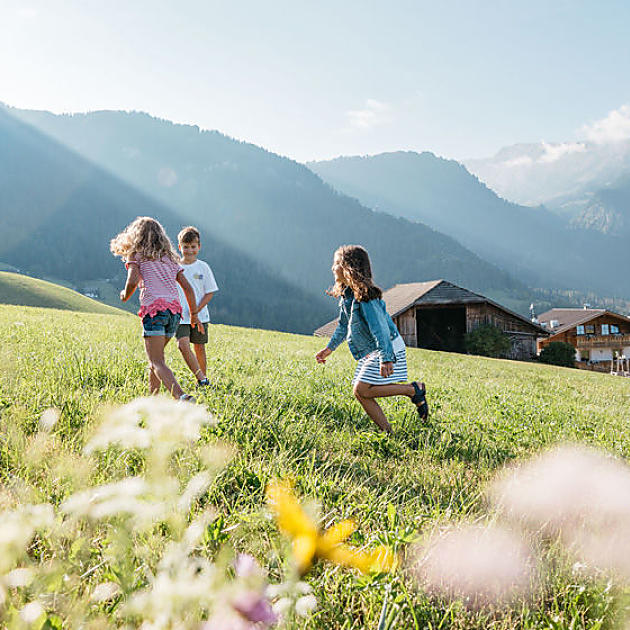
Age: children, who can swim
Every child thinks of an animal that all the others know. Each player then imitates his/her animal in the water. The other children guess which animal it is.
Examples:
- Slithering like a snake
- Hopping like a frog
- Paddling like a duck
- Waddling like a penguin
- Bathing like an elephant and spraying water from its trunk
- Galloping like a horse
- Strutting around the water’s edge like a stork on its long legs.
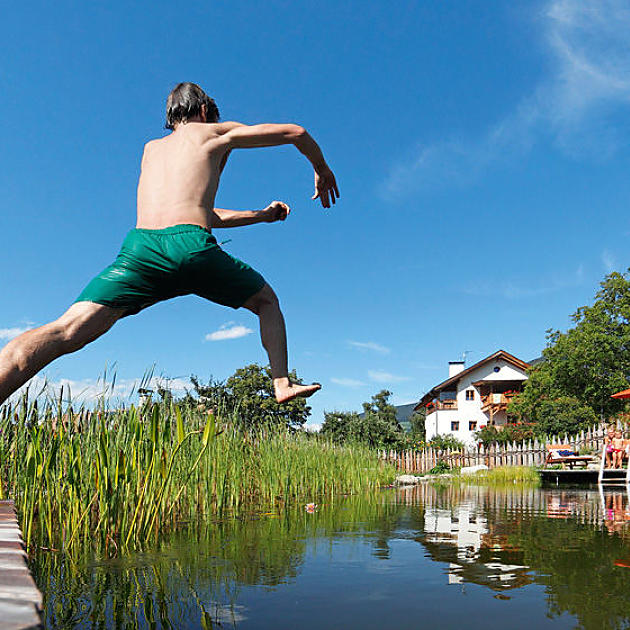
Ages: 4-14 years
Every child thinks of an animal that lives on the farm and writes it down on a post-it note. The children must not know each other's animals. Every child sticks their post-it note on the forehead of another child until everyone has a post-it note on their forehead. Then the game begins: the first child asks a question about the animal on his or her forehead, such as "Does my animal have two legs?". The important thing is that only questions that may be answered with a "yes" or a "no" are asked. If a question gets the answer "yes", the child can ask another question. If the question is answered with a "no", it's the next child's turn. The aim is to guess the animal on your own forehead with the help of the other players' answers. Have fun!
Ages: 3-14 years
Ideally played outdoors. The game leader stands on a meadow with eyes closed and back to the other players. The other players start off at a distance of around 15 metres from the leader. As soon as the leaders turns away, the other children can creep towards him or her. As soon as the leader turns around again, the other players have to stand as still as possible. If a child isn't still or stops moving too late, they have to go back to the starting point and begin again. The game carries on until one of the children manages to tap the leader on the back - this child is the winner.
